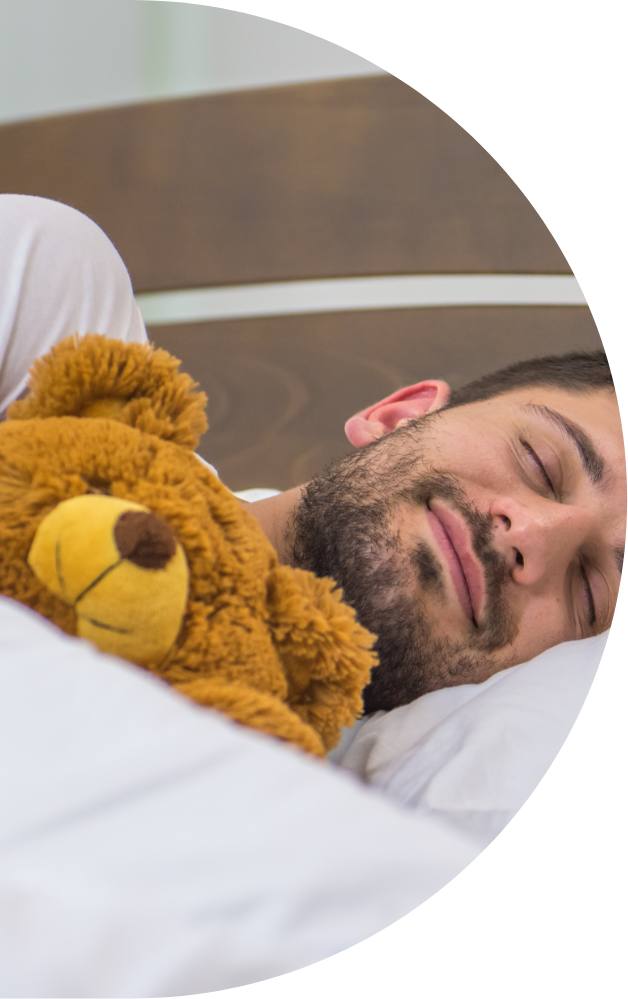
General dentistry
Snoring & Sleep Apnoea. Sleep easier with a custom Mandibular splint.
Sleep Apnoea is characterised by frequent pauses in breath that can last for several seconds, restarting with a loud gasp or snort and preventing restorative REM sleep. The airway from mouth to lung collapses repeatedly and this may occur hundreds of times throughout the night without the patient’s knowledge. This condition reduces oxygen supply to vital organs. A patient with Sleep Apnoea can present with excessive tiredness, personality changes, difficulties with concentration, poor memory and can contribute to more serious health problems, including diabetes, high blood pressure or stroke.
About Snoring and Sleep Apnoea at Drouin Dental.
At Drouin Dental, we understand how interrupted sleep can impact on mood, energy levels, day-to-day lifestyle and, most importantly, your overall health. Our specially trained dentists can fit you with an appliance that will assist with mild or moderate obstructive Sleep Apnea as well as snoring. These appliances look similar to a mouthguard and are called Mandibular Advancement Splints (MAS) or Mandibular Advancement Devices (MAD) or Mandibular Repositioning Appliances (MRA). The appliance is inserted into your mouth at night before you go to bed and is not needed during the day.
Frequently Asked Questions
-
Who gets Sleep Apnoea? close
Sleep Apnoea can occur at any age. For children, the condition is usually as a result of enlarged tonsils or adenoids. For adults, the condition usually occurs in middle age as a result of being overweight, or genetically narrow or floppy airways.
-
How is Sleep Apnoea diagnosed? close
The only accurate way to diagnose sleep apnoea is via a sleep study which measures your breathing overnight.
-
How is Sleep Apnoea treated? close
With the help of a Mandibular Advancement Splint (MAS)
-
How do splints work? close
The split pushes your lower jaw forward, opening your airway and reducing the chance of vibration (snoring) or obstruction.
-
How well do splints work? close
Effectiveness of splints varies from patient to patient. The treatment works best for those who have mild to moderate sleep apnea, those who find that their sleep apnea improves if they are laying on their side and those that maintain a healthy weight. For patients with the less-common central sleep apnea, oral appliances are generally not the best solution.
-
Will the splint have any side effects? close
If fitted correctly, your oral appliance should be comfortable. Because the device is designed to push your jaw forward, you may feel some discomfort when you first start to use it however this generally subsides with regular wear. If you do experience discomfort it is likely to be toward the back of the jaw in front of your ear, and will likely fade once you remove the device in the morning. Some people report a build-up of saliva and tenderness of their teeth but again this is generally limited to initial use and subsides with continued use.
-
Can the splint be used to stop snoring? close
Yes. If it is fitted properly, it works well for snoring.
-
Things to avoid if you have Sleep Apnoea close
Alcohol and sleeping tablets tend to relax muscles and may worsen apnoea. Caffeine and eating late at night should also be avoided.